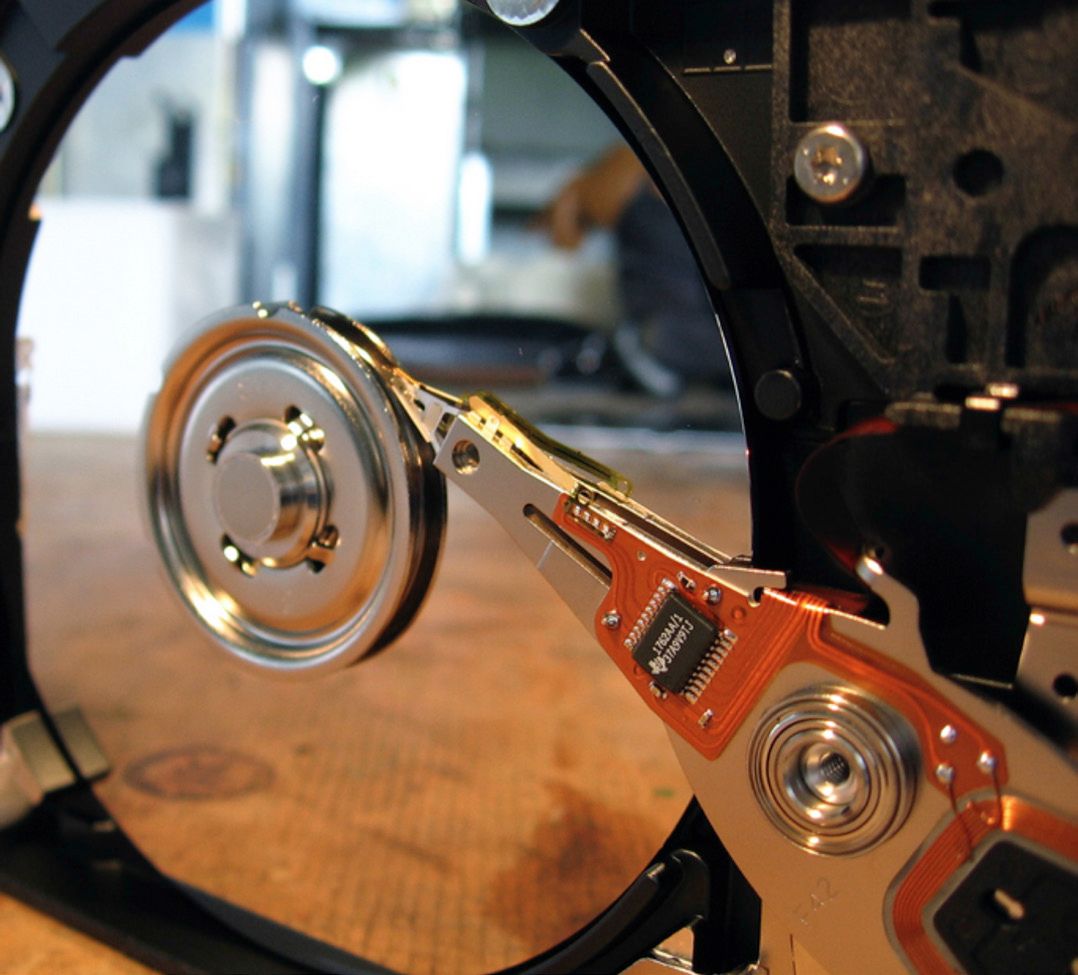 The FSIB was called to a data centre site after a gas discharge caused apparent damage to hard disc drives.
The FSIB was called to a data centre site after a gas discharge caused apparent damage to hard disc drives.
It was reported that approximately 40 computer hard drives (HDD’s) were damaged after a gas discharge. The cause of the gas discharge was also of concern, as there was no fire, and investigations had to be conducted to see if this could also be determined.
Inspections of the site and the equipment were conducted, interviews held with the staff of the data centre and the site contractor. The system was tested for correct operation.
The purpose of this article is to highlight problems encountered with HDD’s during gas discharges.
As the FSIB had not been previously involved with these problems we conducted investigations with leading personalities in the gas extinguishing field in South Africa to discover that this problem had been encountered on no less than three previous occasions locally. Further research reveals several problems of a similar nature happening in other parts of the world.
The questioned raised was - why would hard disc drives crash during a gas discharge? Two answers emerged, increased pressure within the room caused by the gas being injected into it or the noise of the gas discharging through the nozzle. Everyone had an idea but nobody could give us a conclusive answer. This led us to conduct some investigations overseas and low and behold the answer to the problem had been discovered as early as 2010.
It is known that high noise levels can cause damage to HDD’s on the rare occasion, it has nothing to do with pressure increase, it is the noise associated with the gas discharge. Tests have been conducted, and white papers produced by both Tyco and Siemens proving the facts that HDD’s are affected by noise.
It has been revealed by testing that HDD’s can be affected at noise levels around 110 db and above. During a gas discharge we have sirens and bells operating and the noise from the pressure of the gas escaping from the nozzle.
Although this is a rare occurrence around the world where thousands of systems have been installed and many discharges have occurred with no problem to computer room equipment at all, we should take note that we must be careful of noises above 110 db.
It is also strange and unresolved as to why only a few HDD’s are damaged in a rack of maybe a hundred of the same devices. Odd HDD damage in different cabinets has also been experienced. Why some hard drives survive high noise levels and others fail still mystifies us.
 There are measures that can be taken to assist in preventing this problem from occurring, here are some of the factors to consider:
There are measures that can be taken to assist in preventing this problem from occurring, here are some of the factors to consider:
- Audible devices for warnings to people in the data centre are critical, however ensure that they are configured to not exceed 90 db.
- Ensure the gas design parameters are accurate, the room volume, the gas quantity, the pipe routing, all ensure the gas discharges within the parameters of the manufacturer. Inaccuracies here can lead to higher noise levels from higher pressures at the nozzle.
- Increase the discharge time, by extending it from 60 seconds to 120 seconds ensures that the slower discharge will follow with less “screaming” at the nozzle. Although SANS 14520 states 60 seconds discharge, USA have moved to 120 seconds and changes in Europe are leading to 120 second discharges in higher class A environments.
- Most manufacturers have produced a nozzle silencer, these are expensive but do deaden the noise,consult with your supplier regarding availability of these.
- Increase the number, and decrease the spacing of, the nozzles to reduce noise levels. Try to keep nozzle positions away from the cabinets housing HDD’s as direct impact of the noise can increase the affects.
- The national standard also mentions, where possible, shut down the power to the IT equipment before discharge, check if this is at all possible. This will prevent any consequential damage.
- The acoustics in the room will have a direct effect of the noise levels generated, is there anything the client can do to reduce the reverberation effects within the room?
- Can the cabinet doors housing the HDD’s be fitted with a foam lining and acoustic baffles and ensure the doors are closed at all times.
Gas extinguishing systems are important for data rooms to protect critical information and manufacturing processes; downtime and loss of data can be crippling to business. At the same time we should not expose the equipment to other downtime effects.
We must reiterate that HDD damage is a rare occurrence, but it is important that we are aware of the situation. If there is a real fire the loss of a couple of hard drives will not be significant but if damage occurs due to a false gas discharge questions will be asked.
It is important that all persons involved in the gas suppression system project for a data centre, from design to end user take all the measures into consideration.
